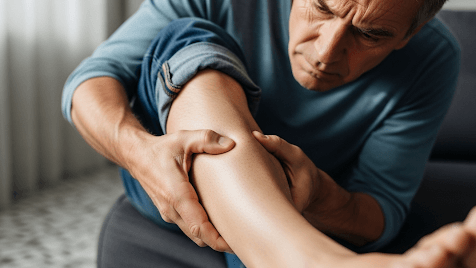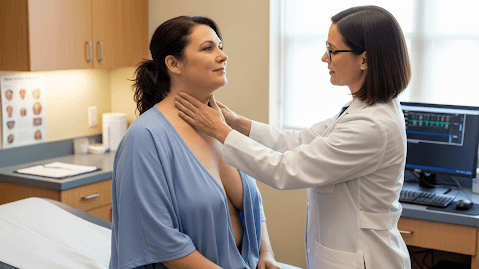
Understanding the Risks: What an Early Hysterectomy Might Mean for Your Heart
For women navigating health decisions, few choices feel as monumental as a hysterectomy. Whether it’s prompted by a severe illness like cancer or a desire to end chronic ailments, the journey can be both physically and emotionally draining. Recent research indicates that an early hysterectomy—defined as one performed before the age of 50—could have significant long-term implications for cardiovascular health. This connection raises important questions for women making health decisions about procedures and their timing.
What the Study Revealed: Heart Health at Stake
A study found that women who undergo hysterectomies prematurely might face elevated risks of cardiovascular diseases. This is attributed to the sudden drop in hormones, particularly estrogen, which plays a crucial role in maintaining healthy blood vessels. Without sufficient estrogen, women may experience a faster deterioration of heart health.
This isn’t merely an abstract statistic; it impacts real lives. Women like Sarah, a 45-year-old who opted for an early hysterectomy due to endometriosis, now finds herself concerned about her heart health—something she hadn't anticipated. "I made this choice for my quality of life, but the added risk of heart disease is terrifying," she says.
Connecting Women's Health and Hormonal Changes
Understanding the broader implications of this research requires diving deeper into women's health. Hormones do more than regulate reproductive functions; they influence heart health, metabolism, and myriad bodily systems. After a hysterectomy, women often experience symptoms of menopause, which can include weight gain and increased cholesterol levels—factors that further heighten cardiovascular risk.
According to health professionals, maintaining optimal Vitamin D levels is vital for heart health. Some studies suggest that Vitamin D deficiency, which is more prevalent among women following hysterectomies, could contribute to the heightened risk of cardiovascular diseases. Women who have undergone these surgeries should consult their doctors about maintaining sufficient Vitamin D levels.
Practical Insights: Navigating Health After Hysterectomy
If you or someone you know is considering or has undergone a hysterectomy, here are some actionable insights to help maintain heart health:
Stay Active: Regular exercise is essential. It not only strengthens your heart but also aids in managing weight and enhancing mood.
Monitor Your Diet: Incorporate heart-healthy foods rich in Omega-3 fatty acids, such as salmon, walnuts, and flaxseeds, along with plenty of fruits and vegetables.
Regular Check-Ups: Keep up with routine health screenings for blood pressure, cholesterol, and ultimately heart health.
Consider Hormonal Therapies: Discuss with your healthcare provider about the possibility of hormone replacement therapies (HRT) and their potential benefits for cardiovascular health.
Embracing a Heart-Healthy Lifestyle
Making wellness multidimensional is crucial. Beyond the physical aspects, addressing mental and emotional health is equally important. For women who experience anxiety after a hysterectomy, joining support groups can be incredibly helpful. Speaking with others who have shared similar experiences fosters a sense of community and understanding that can lead to healing.
Additionally, practicing mindfulness and stress-relief techniques, such as yoga or meditation, can contribute positively to overall well-being. Remember, nurturing your whole self physically, mentally, and emotionally is essential for a vibrant life post-surgery.
Future Predictions: A Shift in How We View Women's Health
As awareness of the consequences of early hysterectomies grows, we might start to see a shift in how healthcare providers communicate the risks and benefits to women. Emphasis on aftercare, particularly regarding heart health and hormonal equilibrium, could lead to more comprehensive counseling during pre-surgical discussions.
With ongoing research, women may eventually have access to more refined treatments that mitigate these risks without sacrificing their quality of life. As the conversation around women's health becomes more robust, advocacy for personalized medicine will be imperative.
Final Thoughts: Informed Choices for Empowered Women
Making informed health decisions is a journey—one that should be filled with comprehensive knowledge, support, and an understanding of the trade-offs involved. If you or someone you love is faced with the decision of undergoing a hysterectomy or is on the path to recovery, empower yourself with knowledge, seek professional advice, and embrace a proactive approach to maintaining your heart health for years to come.
If this article resonates with you, share it with friends and loved ones who may also be navigating health decisions. Encourage them to consider the broader implications of surgical choices and the importance of lifelong heart health.
 Add Row
Add Row  Add
Add 




Write A Comment